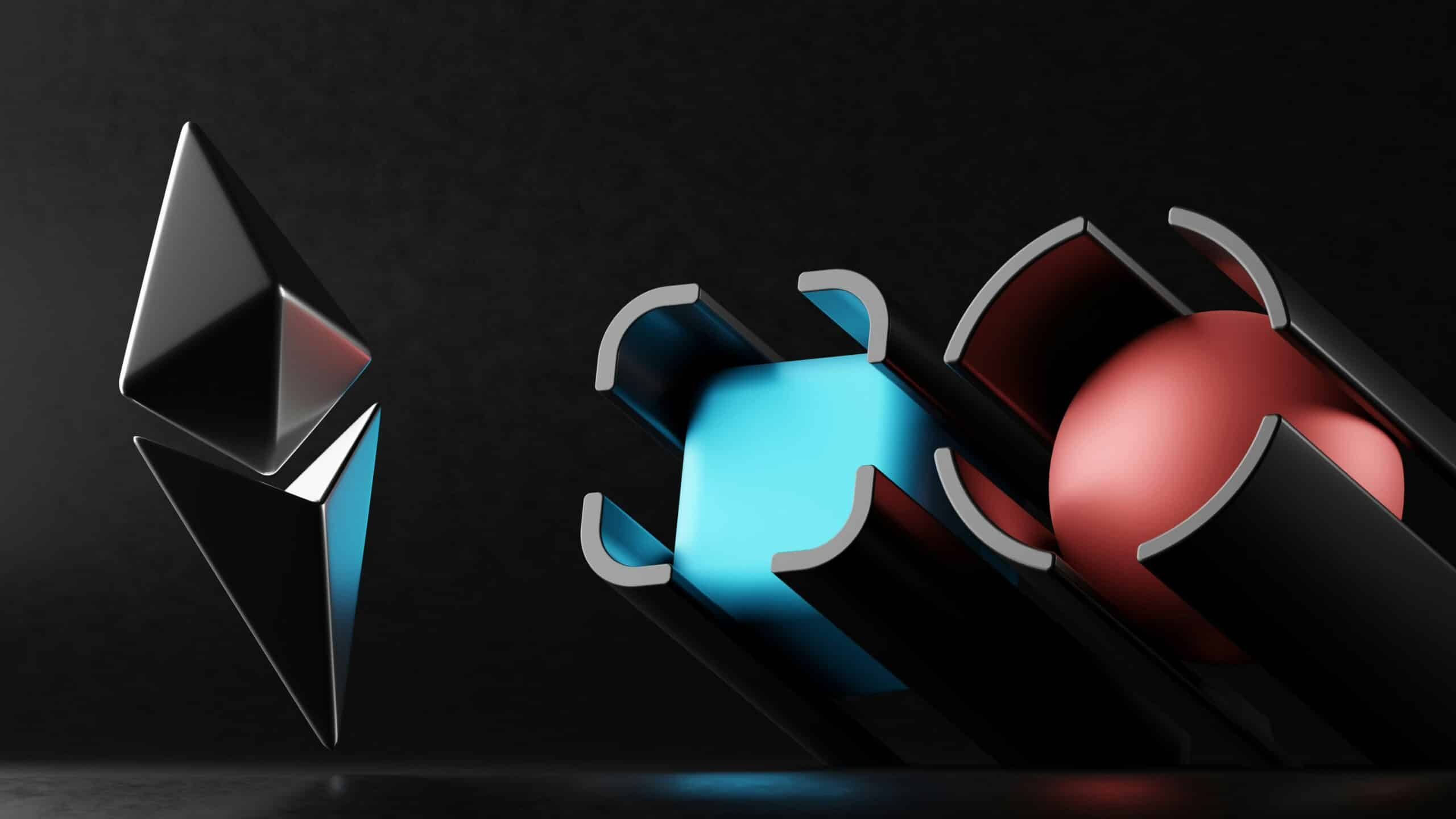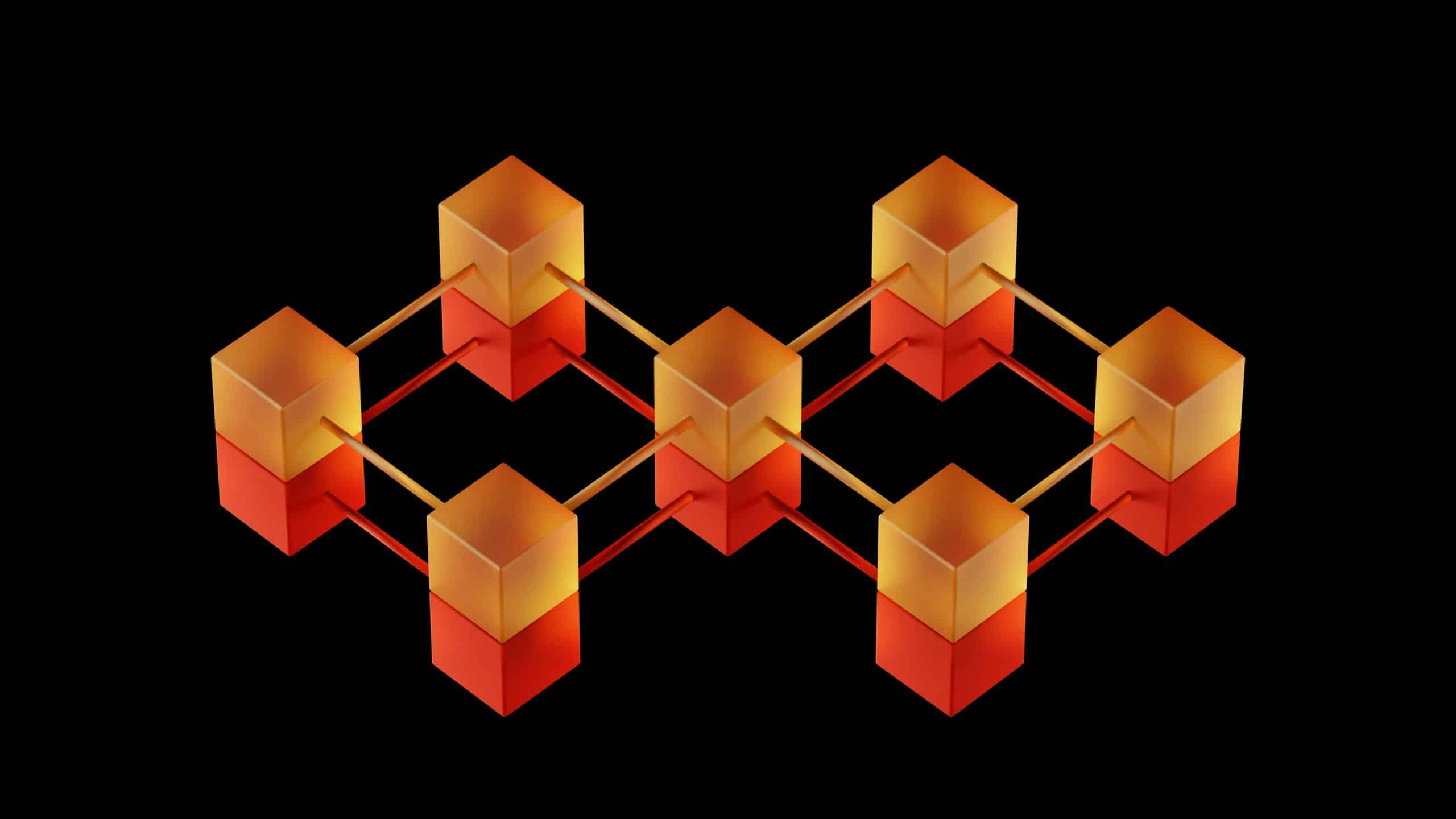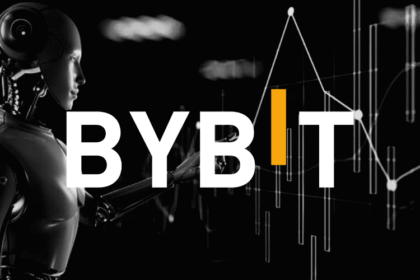Google Cloud has attracted curious digital eyes by launching its brand new product, which has been developed to bring efficiency and scalability to web3 development. The project is based on the Blockchain RPC for web3. This futuristic tool is reportedly created to empower developers to work with the Ethereum network without using personal node infrastructure. The tool derives its application from API technology, allowing developers to assign direct node commands for tasks like data retrieval and transaction executions.
Streamlined Ethereum Interaction
The novel RPC for the web3 system is crafted to offload the developers by straightening out the operations of interacting with the Ethereum blockchain. Conventionally, developers had to manage their node infrastructure, which needed sizeable resources and ample technical knowledge. With Google Cloud’s RPC for web3 in the picture, developers do not need to keep personal node infrastructure.
The system operates by utilizing an Application Programming Interface (API) to link with nodes in the Ethereum network. This enables developers to run necessary blockchain commands, like fetching account balances or initiating transactions, without directly working with complicated code. This makes blockchain development more accessible, especially for those working on decentralized applications (dApps) and web3 technologies.

Enhanced Scalability and Compatibility
Sources report that RPC for web3 has already been fed into Ethereum wallets and decentralized applications. The new Google Cloud product builds up on that for more scalability and compatibility. It comprises a free version that can process up to 100 requests per second and allegedly cater to one million requests daily. According to Google, these features are enough to back the development of applications that need real-time data processing and solid data management.
The augmented scalability brought by RPC for web3 will boost developers to create more complex, high-performance applications. With the free version, even startups can make reasonably sophisticated applications economically, according to news sources.
A major aspect of Google Cloud’s RPC for web3 is its compliance with the Ethereum JSON-RPC standard. This standard delineates how decentralized applications (dApps) work with Ethereum nodes seamlessly.
According to Google Cloud, developers can integrate the tool with just a single line of code, simplifying the development process massively. This fast and easy integration is supposedly a catalyst for the prompt creation of applications in the web3 space, allowing developers to focus on innovation instead of infrastructure management.
EIP-1474 Technology for Higher Performance
Sources add another intriguing feature to an already detailed list. It is the incorporation of EIP-1474 technology. This technology ensures that the product functions well with Ethereum-integrated dApps. For developers, this means high-performance processing, which is important for those working on decentralized applications that need solutions on the run time.

Moreover, Google Cloud’s Blockchain RPC for web3 backs not only Ethereum’s main network but also several test networks. This flexibility amply serves developers at all stages of growth, from novice startups to well-standing enterprises. With the ability to work across different networks, developers can play around with their applications on test networks like a sandbox before moving to the main Ethereum network for smoother results.
Additionally, Google Cloud has debuted the initial version of its RPC for web3 service to receive feedback from the developer community, sources state. The product is available through Google Cloud’s Web3 Portal, enabling developers to test its features and performance firsthand.
Conclusion
Google Cloud’s introduction of RPC for web3 reflects a significant milestone for developers operating with Ethereum and decentralized applications. By bringing a streamlined, API-based solution that simplifies blockchain interaction, Google Cloud is making it convenient for developers to make applications without requiring personal node infrastructure. This new tool is set to boost the growth and evolution of the web3 ecosystem massively. Learn more about digital innovations in web3 with TheBITJournal.





























